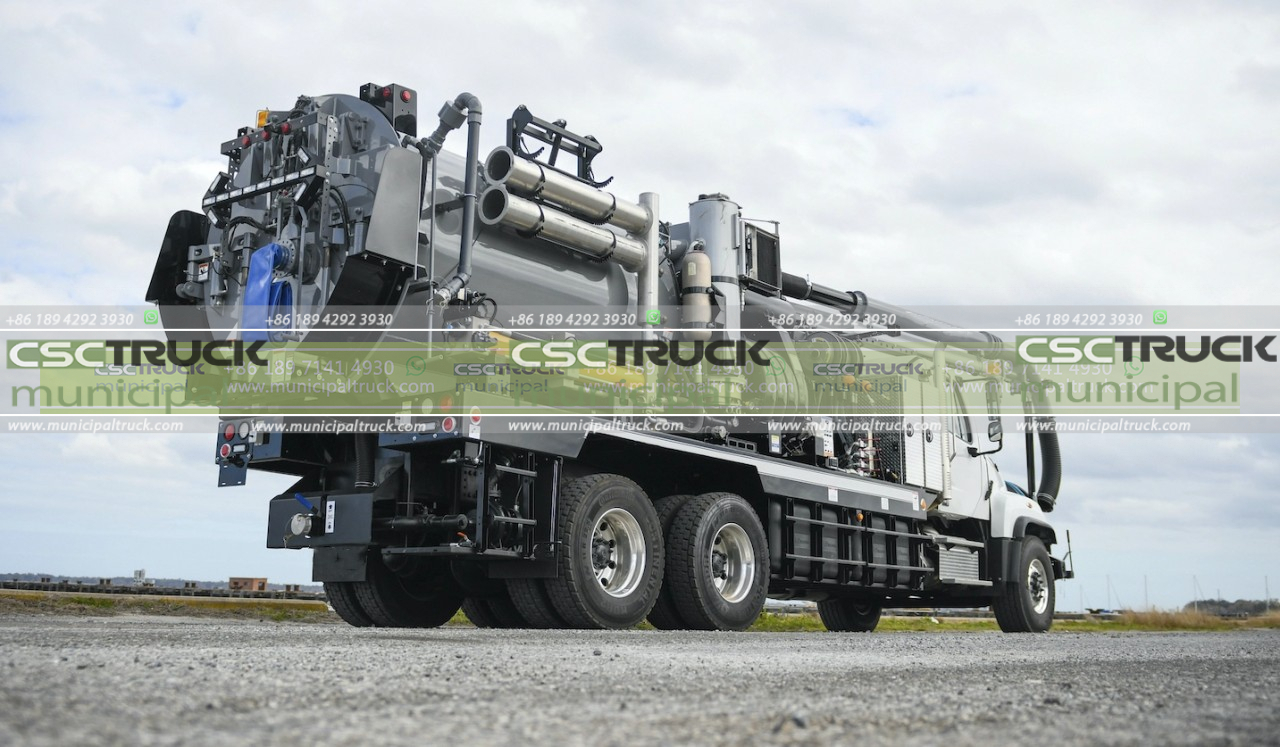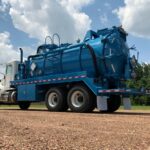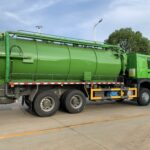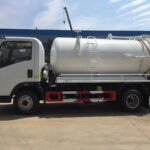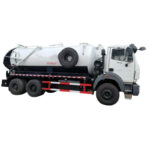When we think of sewers, the image that comes to mind is often one of dark, grimy tunnels filled with waste and unpleasant odors. It’s not a place most people would willingly venture into and for good reason. Sewers can be dangerous environments, posing various risks to both human health and safety. In this article, we will explore the potential hazards associated with sewers and why caution should be exercised when dealing with these underground systems.
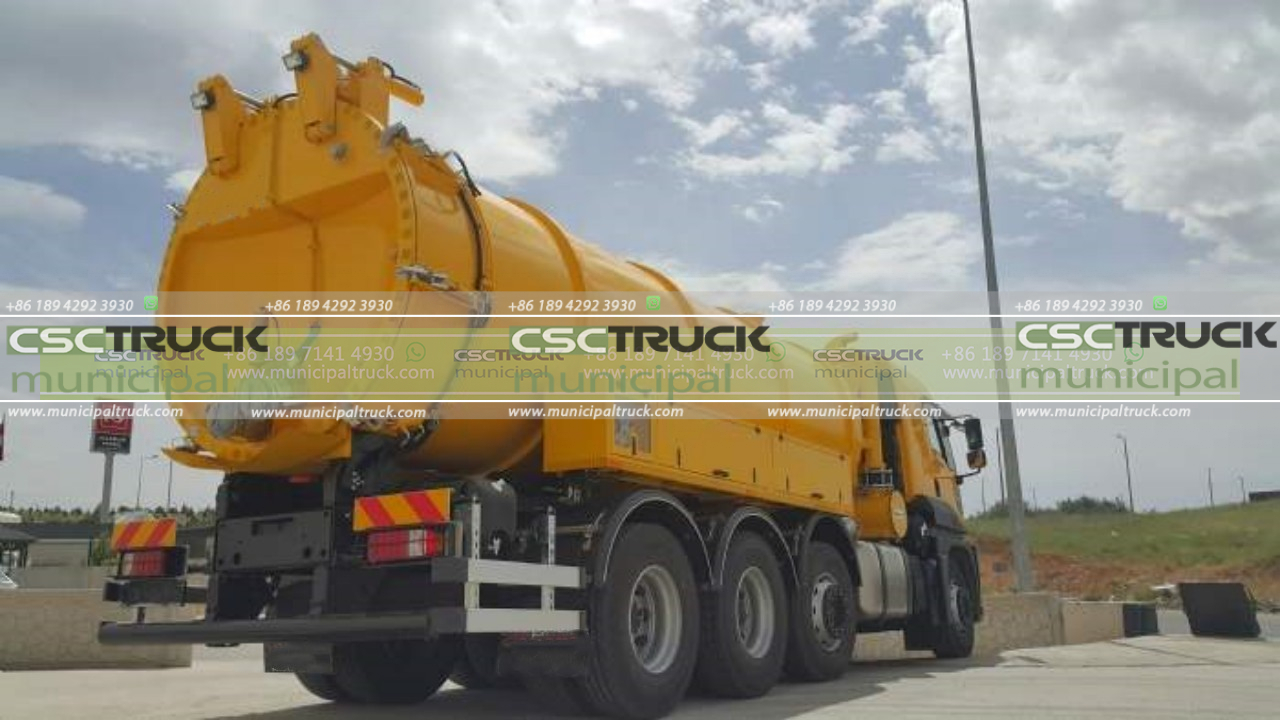
- Toxic Gases and Lack of Oxygen: One of the primary dangers of sewers is the presence of toxic gases, such as hydrogen sulfide (H2S) and methane (CH4). These gases are byproducts of decomposing organic matter and can accumulate in high concentrations within the confined spaces of sewer systems. Exposure to these gases can have severe health effects, including respiratory distress, loss of consciousness, and even death.
Furthermore, sewers are often devoid of proper ventilation, leading to a lack of oxygen. The combination of toxic gases and low oxygen levels increases the risk of asphyxiation, making it extremely hazardous for individuals entering these environments without proper safety precautions and equipment.
- Physical Hazards: Sewers are not only filled with waste and murky water but also contain a myriad of physical hazards. Sharp objects, debris, and protruding pipes are common in sewer systems and can cause injuries to anyone navigating through them. Slippery surfaces and uneven terrain further contribute to the risk of falls and accidents. Additionally, the limited visibility and tight spaces make it challenging to maneuver safely within the sewer tunnels.
- Microbiological Hazards: Sewers are breeding grounds for a wide range of microorganisms, including bacteria, viruses, and fungi. Exposure to these pathogens can lead to various infections and diseases. Some of the common illnesses associated with sewer-related pathogens include gastrointestinal infections, skin infections, and respiratory ailments. The risk of contracting these diseases is particularly high for individuals with compromised immune systems.
- Chemical Exposure: Sewers are not just conduits for human waste; they also receive a significant amount of industrial and chemical waste. These substances can infiltrate the sewer systems, leading to the presence of hazardous chemicals. Chemical spills, leaks, or improper disposal practices can result in the accumulation of toxic substances in sewers, further increasing the danger for those who come into contact with them. Exposure to these chemicals can have both acute and long-term health effects, depending on the nature and concentration of the substances involved.
- Structural Instability: Over time, sewers can deteriorate, leading to structural instability. Aging infrastructure, erosion, and ground movement can cause collapses, sinkholes, and cave-ins within the sewer system. These incidents can trap individuals inside the tunnels, making rescue operations difficult and hazardous. The risk of being trapped under debris or becoming engulfed in collapsing structures poses a significant threat to the safety of sewer workers and anyone else entering these environments.
- Fire and Explosion Risk: Sewers can also pose fire and explosion risks, especially in cases where flammable gases, such as methane, accumulate within confined spaces. Any source of ignition, such as open flames or sparks, can trigger a catastrophic event. Fire and explosions in sewers not only endanger the lives of those directly involved but also have the potential to spread to surrounding areas, causing extensive damage.
Given the inherent dangers associated with sewers, it is essential to prioritize safety and take necessary precautions when dealing with these environments. For professionals who work in sewer maintenance and inspection, proper training, protective gear, and adherence to safety protocols are crucial. Ventilation systems, gas detectors, and proper lighting should be utilized to minimize the risks associated with toxic gases and poor visibility.
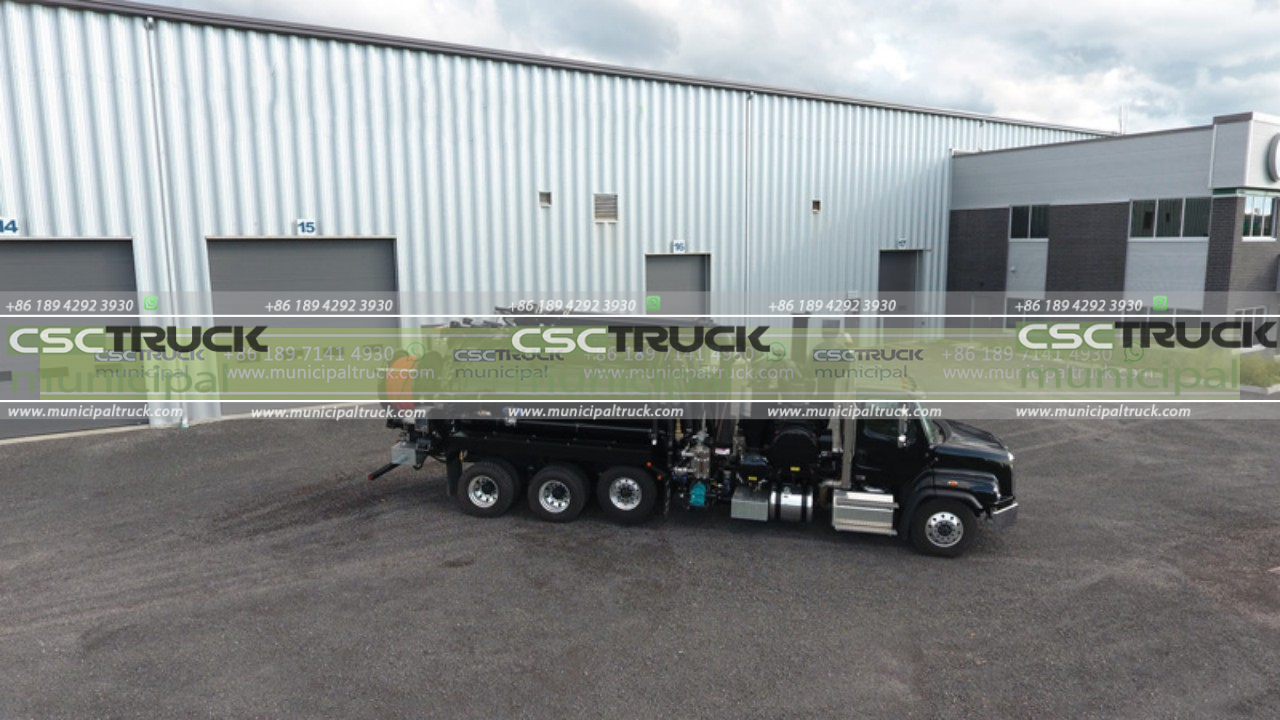
For the general public, it is strongly advised to avoid entering sewer systems unless necessary and under professional guidance. Unauthorized entry into sewers can lead to accidents and potential exposure to the aforementioned hazards.
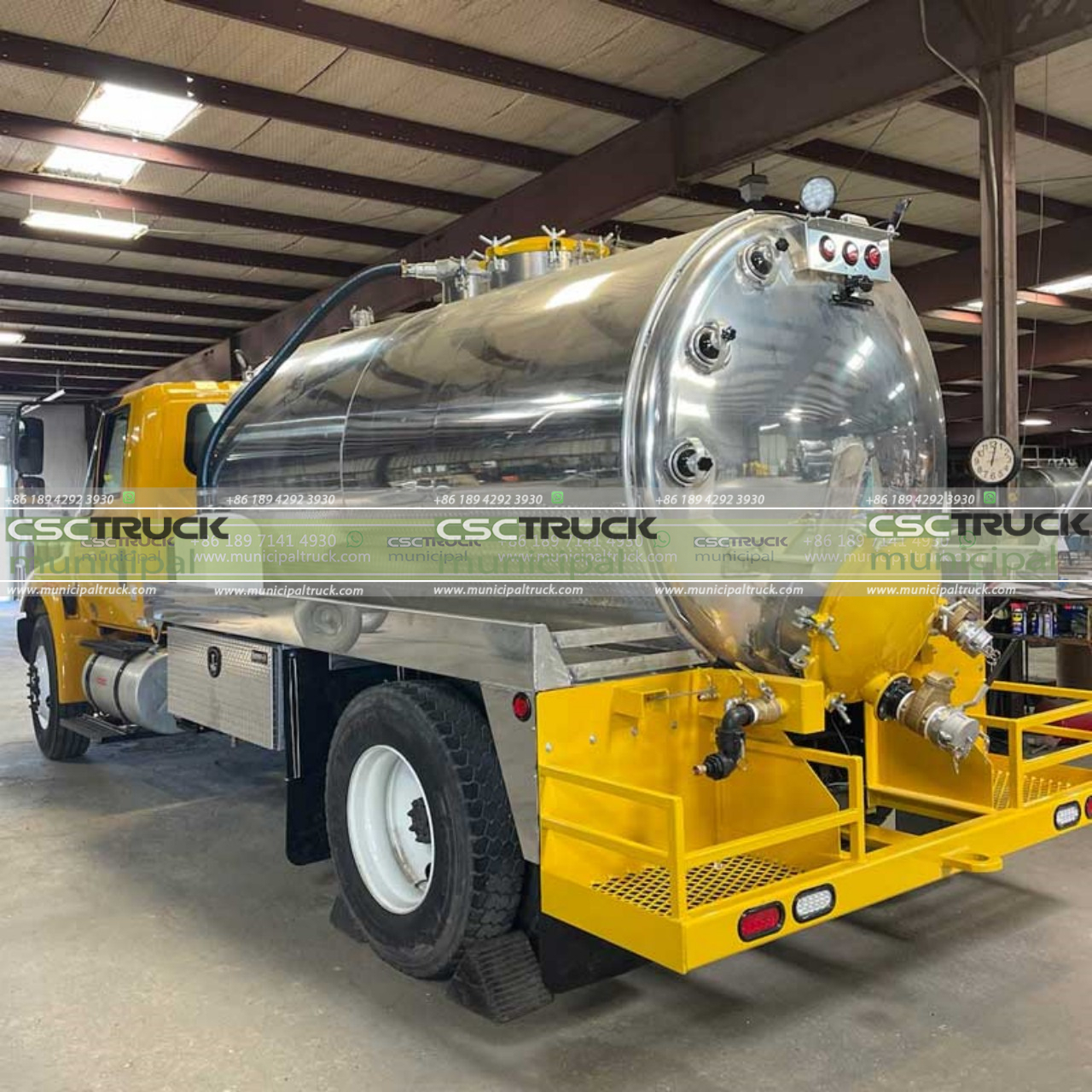
In cases where sewer maintenance or repair work is required on your property, it is essential to hire trained professionals who are equipped with the necessary knowledge and protective gear. Attempting to fix sewer issues without the proper expertise can not only put your safety at risk but also result in further damage and costly repairs.
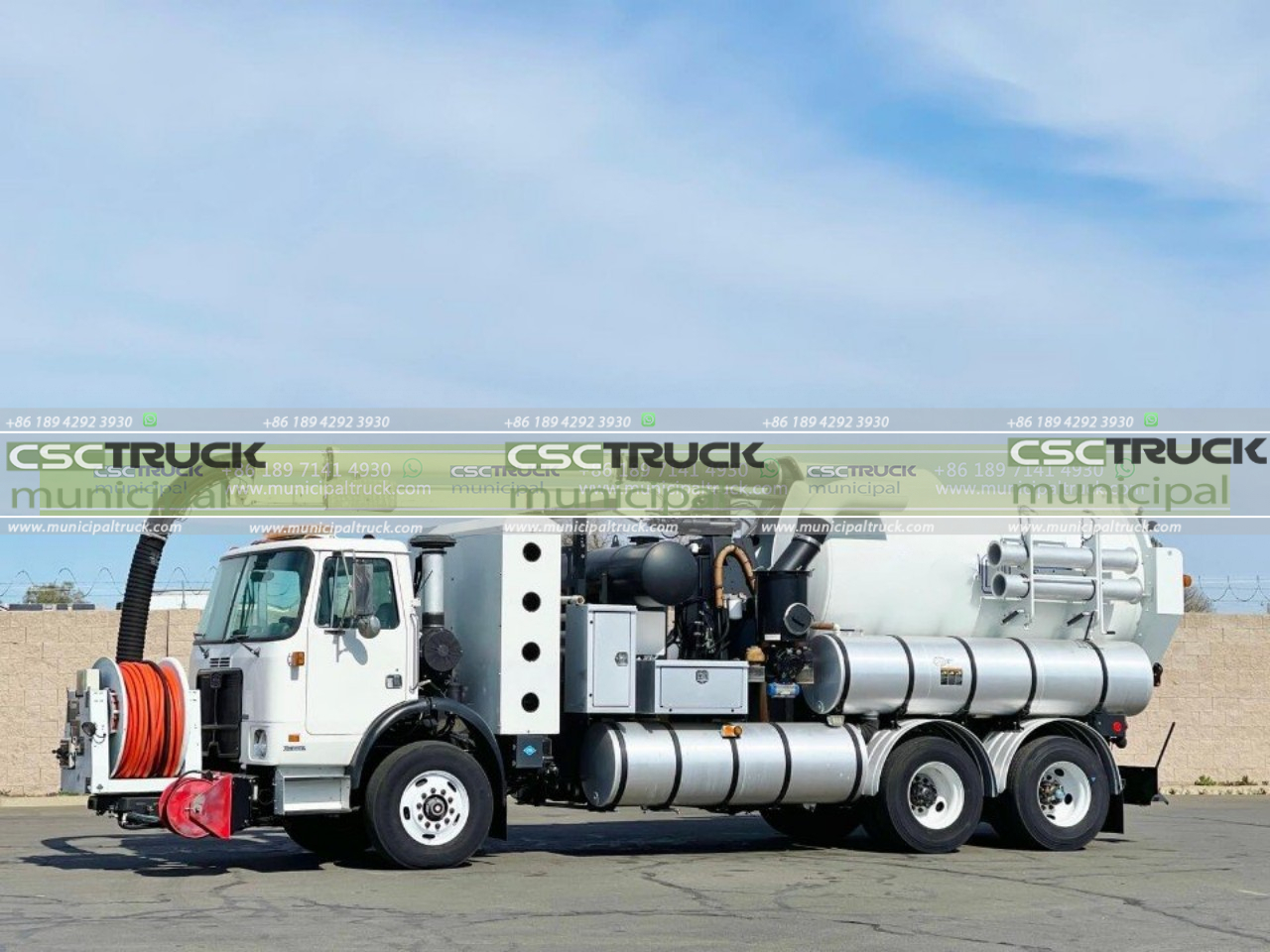
Municipal authorities and infrastructure management organizations play a vital role in ensuring the safety of sewer systems. Regular inspections, maintenance, and upgrades are necessary to identify potential hazards, mitigate risks, and maintain the integrity of the infrastructure. Proper signage and barricades should be in place to prevent unauthorized access and raise awareness about the dangers associated with sewers.
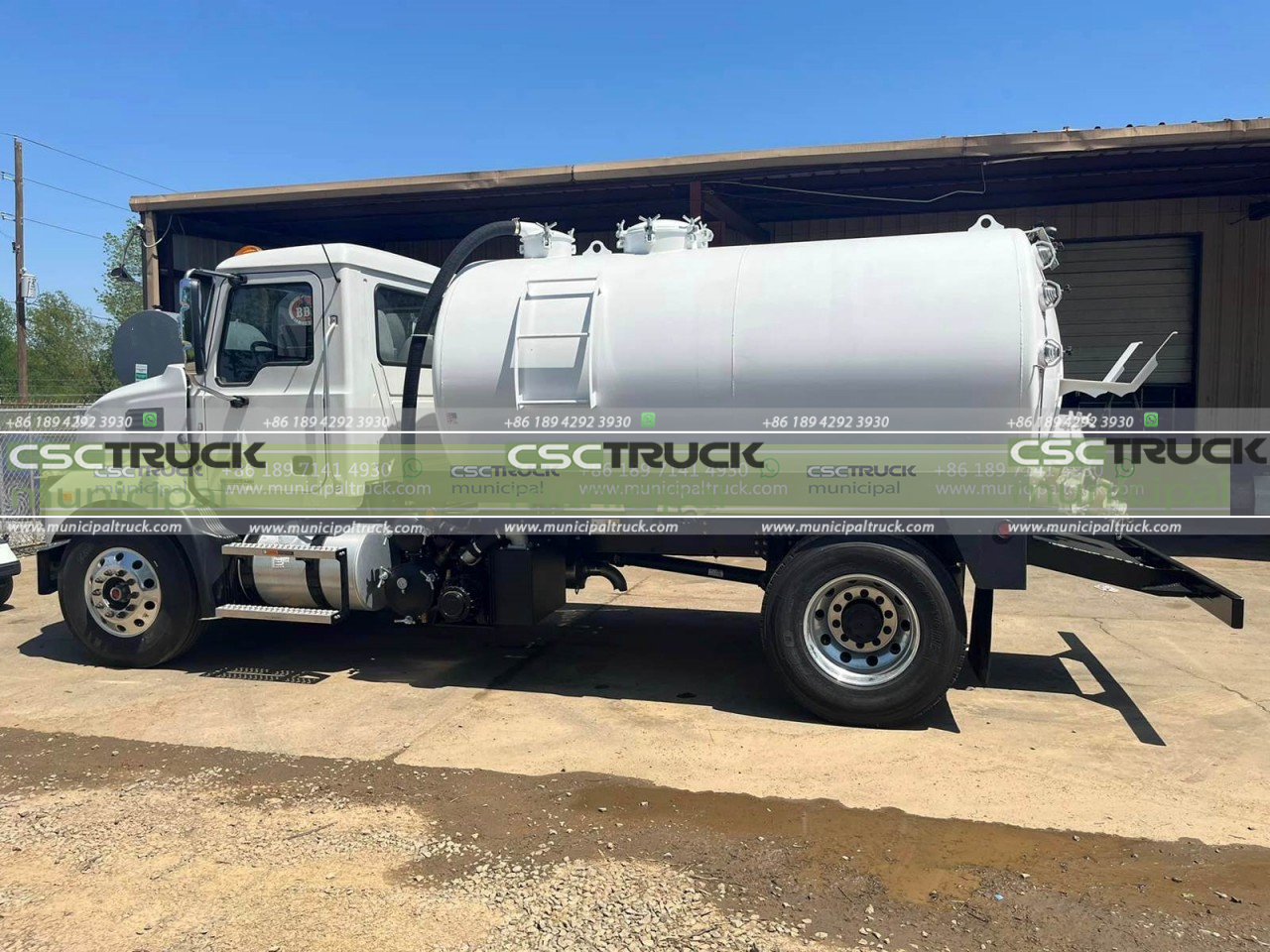
In addition to the precautions mentioned above, public education and awareness campaigns are crucial in promoting safety and preventing accidents related to sewers. Informing the public about the risks involved and providing guidelines on how to respond in case of emergencies can significantly reduce the likelihood of incidents and injuries.
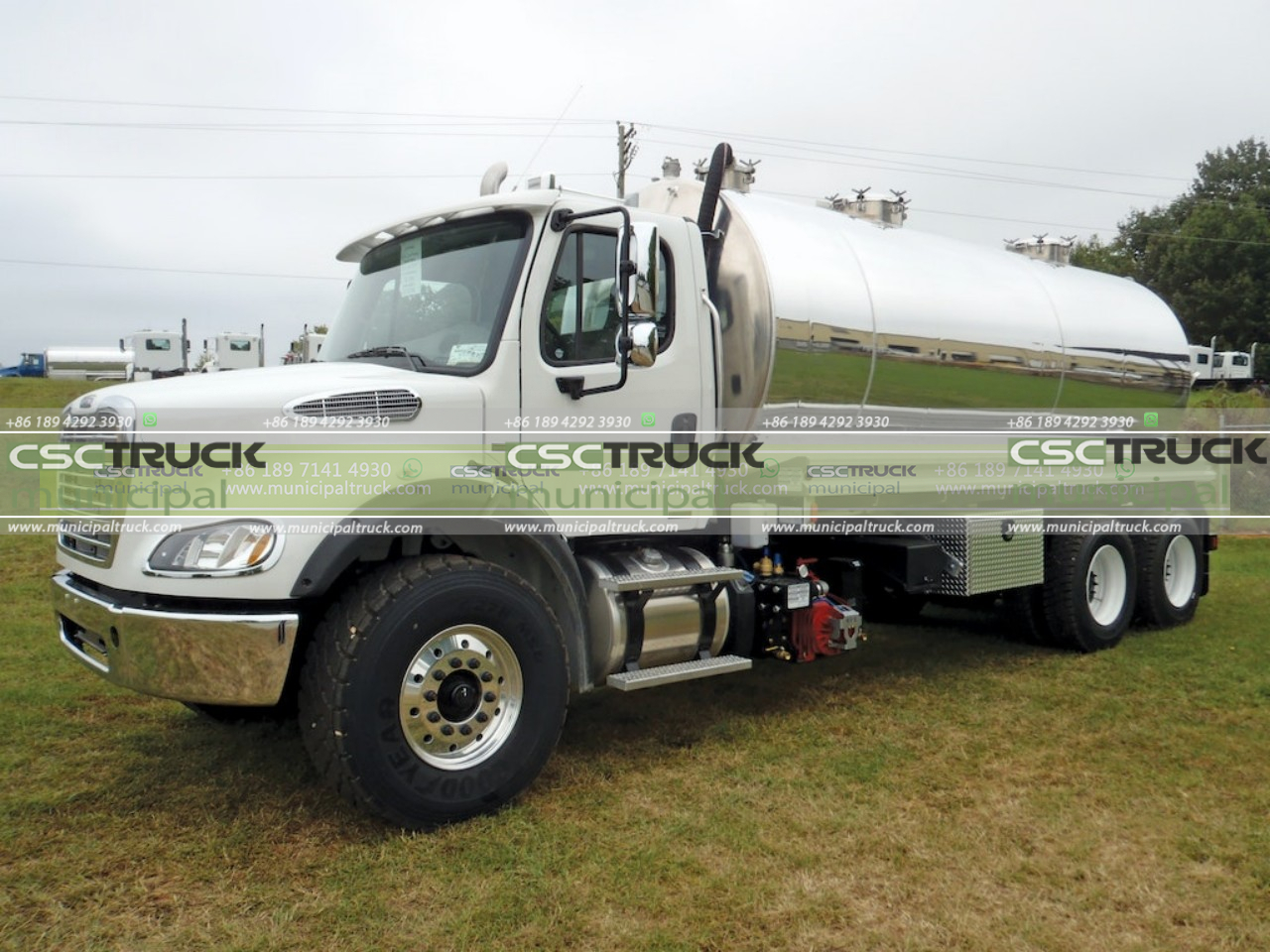
It’s also worth considering alternative approaches to sewage management that minimize the need for human interaction with sewer systems. Developing advanced technologies for remote monitoring, automated maintenance, and efficient waste treatment can help reduce the risks associated with traditional sewer systems.
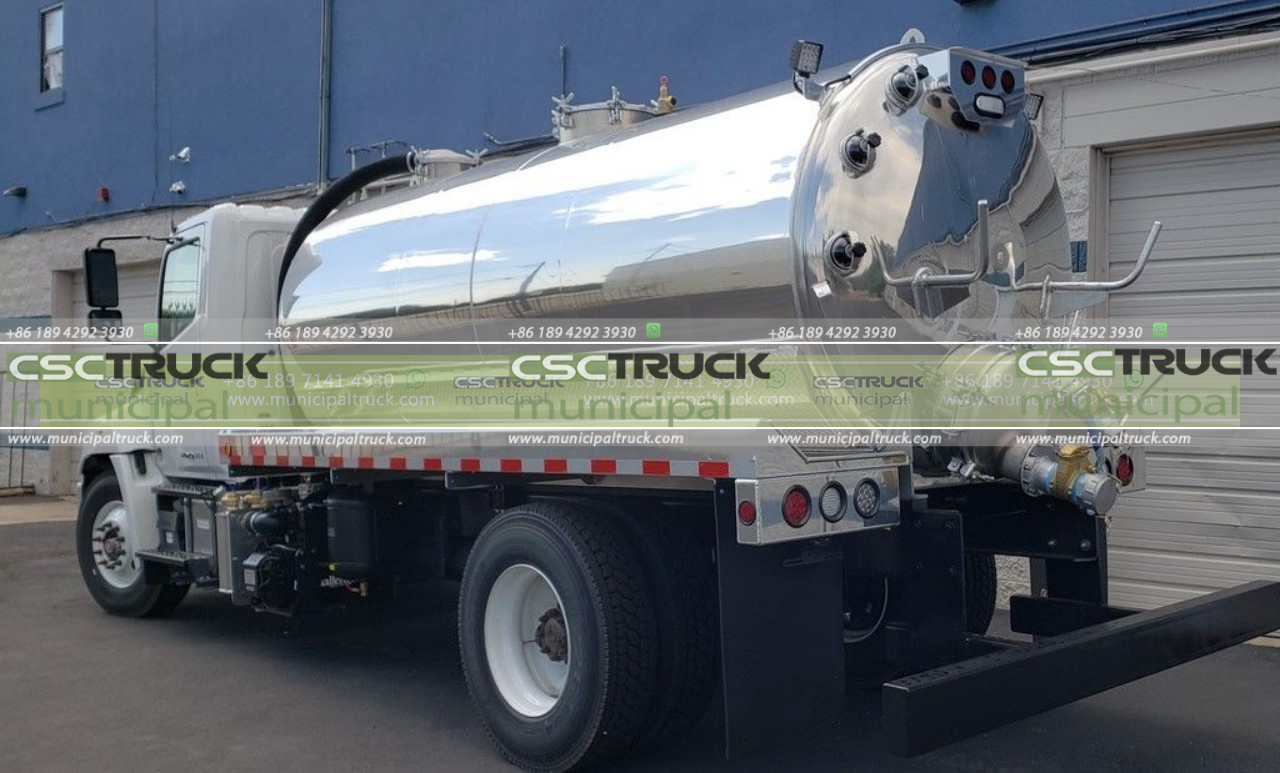
In conclusion, sewers can indeed be dangerous environments due to the presence of toxic gases, physical hazards, microbiological risks, chemical exposure, structural instability, and fire/explosion risks. The potential dangers associated with sewers highlight the importance of prioritizing safety, proper training, and the use of protective equipment for professionals working in these environments. For the general public, it is advisable to avoid entering sewers unless necessary and to seek professional assistance when dealing with sewer-related issues. By understanding the risks and taking appropriate measures, we can ensure the safety and well-being of individuals and communities while managing our sewage systems effectively.
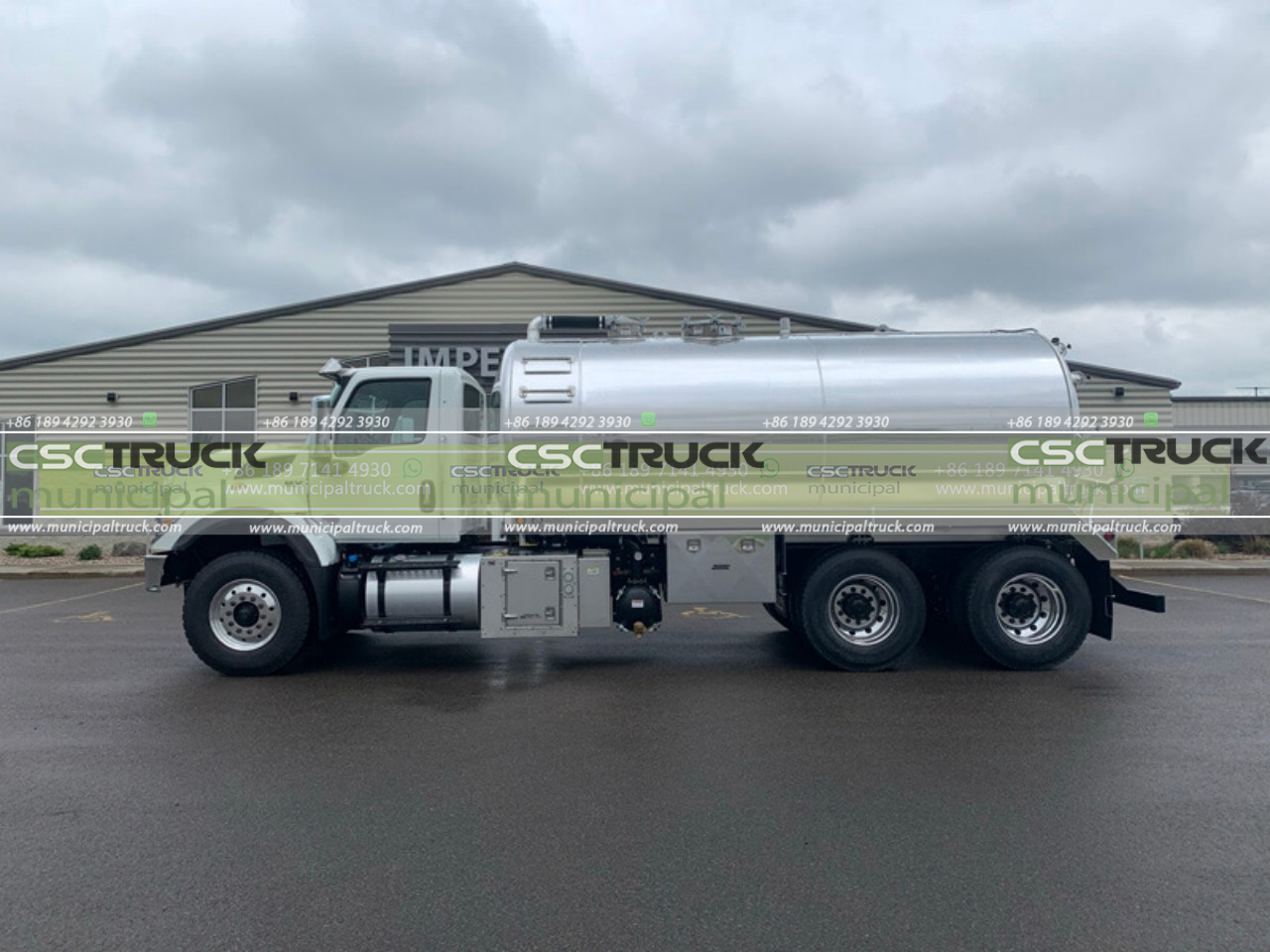
Contact us for this municipal truck or similar trucks: [email protected] Call us or What's APP us: +86 189 4292 3930

